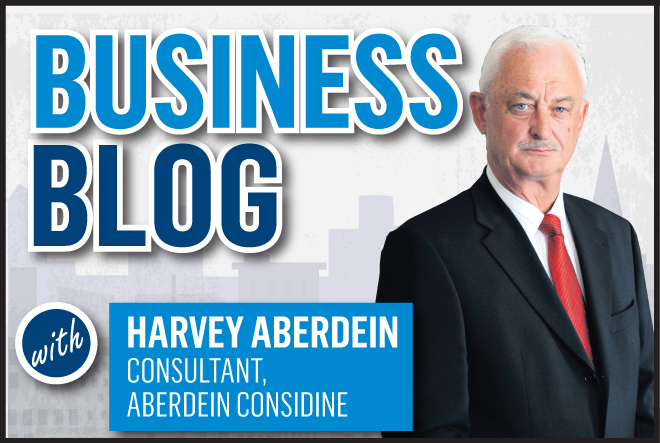The “gig” economy is a phrase appearing more and more in the news and so commonly in connection with employment law disputes.
The gig economy has grown exponentially in recent years, with the rise of celebrity-endorsed Uber and restaurant food delivery service Deliveroo.
The business model these, and many other, companies are built on has allowed them to expand far quicker and far wider than conventional companies and as such is increasingly popular.
Essentially, people work on short-term contracts and freelance-based work rather than being afforded employment status.
For some it is the flexibility required to work around a busy and unpredictable life but, for others it highlights the bargaining power of these companies who are able to exploit individuals and afford them limit working rights.
However, we have reached a crossroads with this type of employment.
Last week, the Court of Appeal handed down the most authoritative decision on the matter to date in Pimlico Plumbers Limited & Charlie Mullins v Gary Smith.
The Court stated: “This case puts a spotlight on a business model under which operatives are intended to appear to clients of the business as working for that business, but at the same time the business itself seeks to maintain that… there is a legal relationship of… independent contractor rather than employee and employer.”
This should be familiar to anyone who has used companies such as Uber, Deliveroo or Hermes.
Mr Smith was a plumber working for Pimlico for six years, a company who had 125 people like Mr Smith carrying out work on an apparently self-employed basis but on behalf of Pimlico.
Mr Smith was VAT-registered and paid tax on a self-employed basis and was able to claim over £80,000 in expenses, including a salary to his wife for administrative duties and the use of a room in his house for an office.
After a heart-attack he wished to reduce his hours from five to three days a week – Pimlico refused and the relationship ended. Mr Smith claimed he was dismissed.
It was clear Mr Smith wasn’t an employee by benefits he reaped based on the relationship.
However, Mr Smith was found to be a worker by the Employment Tribunal and Employment Appeals Tribunal when the relationship as a whole was considered and as such was afforded certain rights a self-employed contractor was not.
The Court of Appeal upheld this decision and the case is now the precedent on the matter of the workers relationship.
It is important to remember these cases are very fact-sensitive and certain aspects of consideration such as Mr Smiths requirement to work 40 hours a week, although important here, may be off-set by other factors in different cases.
Lord Justice Underhill found the case to be particularly challenging and warned in his judgement from any general conclusions being drawn.
Charlie Mullins, Pimlico director, has already stated he is likely to appeal the decision to the Supreme Court.
Although such a specific case the potential ramifications on the gig economy and all contractor relationships could be huge. Workers are entitled to the national minimum wage, holiday pay, rest breaks and protection from discrimination and for whistleblowing.
The unions are taking a hard line.
TUC general secretary Frances O’Grady said: “This case has exposed once again the growing problem of sham self-employment.
“Unscrupulous bosses falsely claim their workers are self-employed. This allows them to get out of paying the minimum wage and providing basics like paid holidays and rest breaks.
“The Government must crack down on these shady employment practices by beefing up the law.”
My employment team recommend all businesses who work with individual contractors on a regular basis or have a large group of contractors they consistently work with to carefully review their relationship to ensure they are satisfied with the contractor’s self-employment status.
Companies would be well advised to seek advice on any existing contractor relationships to ensure they are confident as to whether ‘worker’ status would apply in an attempt to prevent potential future disputes.
As ever, they would be delighted to help anyone reading this if they have concerns
South Africa
I have had the privilege of visiting South Africa, from time to time, for over 15 years.
It is one of the most beautiful countries on earth with a dazzling selection of wildlife and some interesting two-legged specimens also.
It is a fantastic holiday destination but you do get drawn in!
Trying to get to grips with what makes the nation tick is, to an outsider like me, a bit like peeling an onion – layer after layer before you get to the core of it.
I wouldn’t presume to understand or profess any particular knowledge, but through coming to know fellow professionals and business people of all races there are perhaps some thoughts I can share with you.
For example, I had a fascinating discussion with a brother lawyer engaged in agreeing the contract for a massive engineering contract with the government and the hoops he was obliged to go through to secure the business for his company.
One condition in particular businessmen nearer to home might find interesting.
A key clause was that wherever possible labour-intensive solutions must be used!
An attempt, obviously by the government to help the chronic unemployment problems the country faces.
Certainly a fair condition since all bidders would be bound by the same clause, although enforcement might be interesting?










